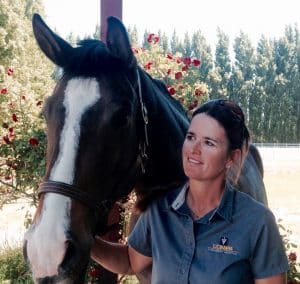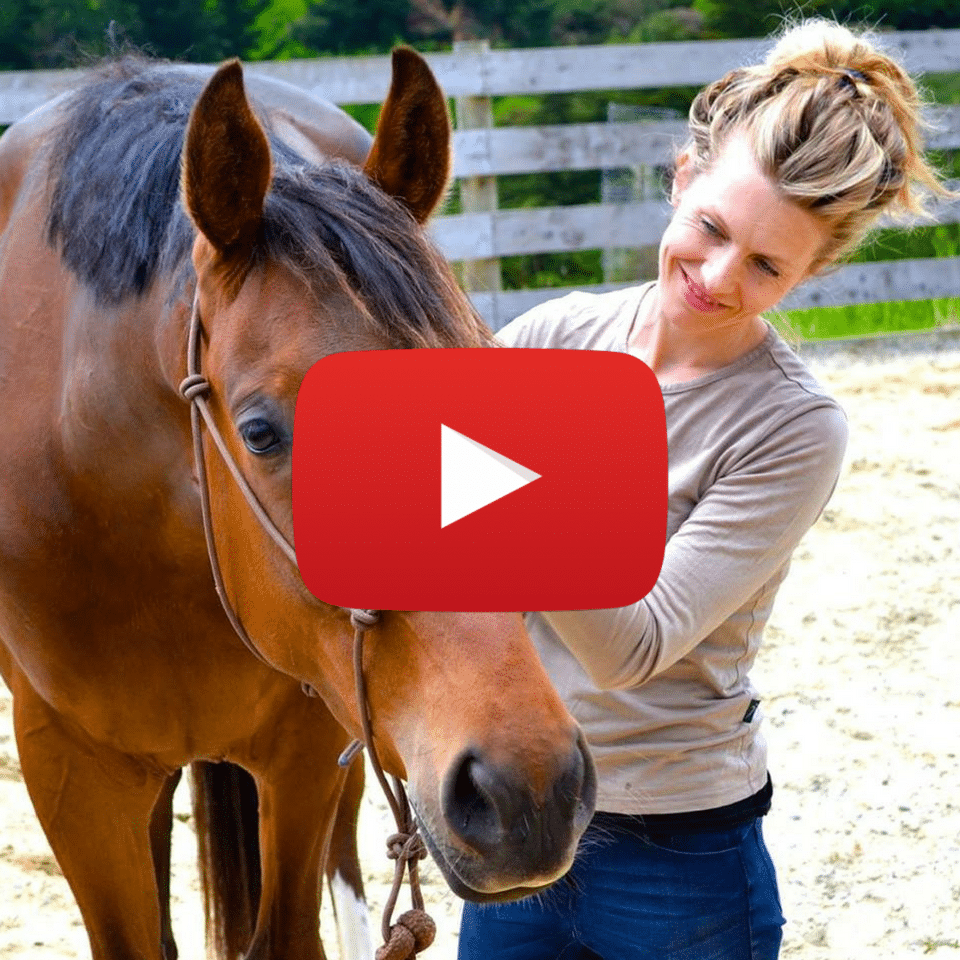Do you know the difference between the action of fear and the emotion of fear? Because there is one. And being able to discern between them is vital when it comes to understanding not only how your nervous system works, but how your perception of different situations and experiences create sympathetic or fight flight responses.
When the fight flight nervous system is working as it’s designed to, it produces the action of fear in response to something it perceives in the environment to be threatening. In the wild- in their natural environment- this is what animals are experiencing. They are experiencing the action of fear, but not the emotion of fear. That’s quite a different beast.
The action of fear is unconsciously driven and kicks in as part of our survival reflexes.
The emotion of fear is the conscious awareness of an experience and the labelling of the event, that is both subjective and perceptual. In other words, it’s specific to us, our experiences, our nervous system and how we see the world.
In this episode, we discuss the difference between the two as well as:
- How the emotion of fear is not necessarily accurate nor responding to reality. But it can trigger the activation of our survival nervous system and send us on a reflexive loop that’s not necessarily in our best interest
- How a nervous system functioning in sympathetic dominance (where we are more often than not living from our survival nervous system) results in overthinking and recurring negative thoughts, and how they can leave us in a catch 22 cycle
- The relationship of trauma to both the emotion and action of fear
The experience of the emotion of fear is real, but whether we are responding to something real is a very different thing altogether. It’s our job to become curious about our own experiences and to begin to decouple emotional associations and labels from reflexive bodily experiences that don’t actually match the moment.
I hope you enjoy it!
Onwards,
❤️ Jane


